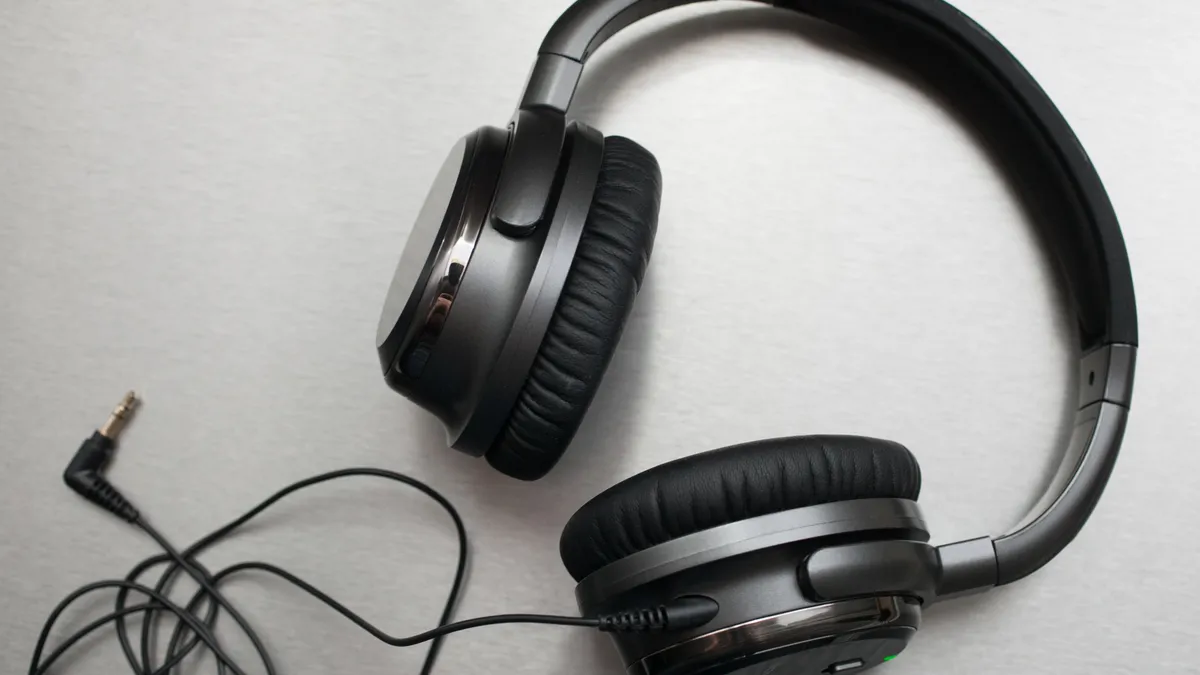The question of Can People with ADHD say the R word continues to be a controversial one. The term “Attention Deficit Hyperactivity Disorder” is commonly slurred as “ADD.” This derogatory term does not only apply to people with ADHD, but to people with learning disabilities and intellectual disabilities as well. Moreover, science has been able to pinpoint the causes and symptoms of mental illnesses and disabilities, so it would be unfair to use derogatory language to describe people with these conditions.
Attention deficit hyperactivity disorder
Many children with attention deficit disorder struggle with impulse control. They may speak out of turn at home or in the classroom. They may interrupt others and use rude or aggressive language. Trying to point out these behaviors can make the problem worse. Fortunately, it is possible to help your child overcome this behavior. Below are some tips for helping your child. Let’s start with a positive reinforcement strategy.
The main symptom of attention deficit hyperactivity disorder (ADHD) is difficulty focusing on uninteresting tasks. This is known as hyperfocus. But in situations when the task is interesting, this person may maintain intense focus. This is a sign of ADHD. If you are wondering if you can say the R word, the answer is yes. Inattention affects academic performance, occupational functioning, and social relationships. If it is present at work, it may be caused by impulsivity.
The R-word is a slur. People with intellectual disabilities are often pushed to the edge of society. Inclusion advocates have called for the elimination of this word as a first step in ending exclusion in society. Kantar analyzed 50 million social media posts in the U.S. over a two-year period. The survey revealed that nearly half of those messages were negative and contained slurs.
Inattention
Can people with ADHD say the R word? There are many ways to find humor in a common conversation. One of the best ways is to use a different word. Some people use the R word as a derogatory term. This isn’t always the case, though. There are better words to use. If you’re ever in doubt about whether or not someone can say the R word, check out one of the following videos by TikTok creators.
First, you should know that people with ADHD have different levels of intellectual functioning than those without. This condition typically coexists with other disorders. People with ADHD tend to be more impulsive, but that does not mean they have lower intellectual functioning. Often, the R word is associated with poor parenting or substance abuse. But if you’re wondering if it’s time to get a diagnosis for ADHD, it’s not a bad idea to get a professional’s opinion. There are several ways to determine if a person with ADHD has this disorder.
Hyperactivity
One of the defining features of ADHD is impulsivity. Symptoms of impulsivity and hyperactivity are more likely in young people. They also tend to become more sexually active and have more sexual partners than other young people. They are also more likely to develop STDs, such as HIV and AIDS. They are also more likely to become pregnant, and the rates are higher for both girls and women with ADHD. Women with ADHD are also more likely to smoke up to the third trimester and are obese than the general population.
While school reports often focus on males, a recent study shows that a higher percentage of girls have the disorder than boys. In addition, teachers often prefer boys with ADHD to girls, and parents may underestimate the severity of hyperactive-impulsive symptoms in girls. These findings may reflect a gender-specific perception of impairment. In any event, females who suffer from hyperactive-impulsive symptoms are often misdiagnosed as having “normal” ADHD.
Impulsivity
Can People with ADHD say the R word? That’s the question that’s on many people’s minds. There’s a long-standing myth that people with mental disabilities cannot say the R word. The truth is, however, that people with ADHD can say the word. The word “disabilities” in general has been a source of stigma and discrimination for centuries. Today, science is better equipped to diagnose mental illness and identify the symptoms of various mental conditions.
Adults with ADHD may find it difficult to read social and nonverbal cues. When dealing with the R word, they should use strategies to reduce the likelihood of a reaction. They should practice anticipating potential problems, take breaks, and develop routines for coping with those situations. If their impulsivity is a symptom of a particular workplace situation, they should look for positions with more autonomy. If a company or job is not accommodating for their condition, they are required to provide accommodations for the employee. Additionally, the Rehabilitation Act of 1973 and the Americans with Disabilities Act of 1990 prohibit workplace discrimination against people with disabilities.
Parents need to learn to accept the emotions of their children with ADHD. They should be able to acknowledge the challenges of living with a child with ADHD and try to cope by using humor to deflect these emotions. Parents should use a variety of strategies such as praise and humor to diffuse the situation. And remember, when they do succeed, they should emphasize their strengths, not make it a downfall. If you aren’t comfortable saying the R word, don’t worry!
Combined type
If your child exhibits the symptoms of a predominantly inattentive type of ADHD, then he or she may also be suffering from impulsivity and hyperactivity. These symptoms may not have as dramatic an impact on school and work behavior, but they still cause great concern. Even if these symptoms aren’t as severe as the more severe versions, they can still cause significant problems, such as difficulty focusing and staying organized. If left untreated, these symptoms can last well into adulthood.
Symptoms of the predominantly hyperactive-impulsive type of ADHD include excessive restlessness, fidgetiness, and lack of concentration. Those with a combined type of ADHD exhibit symptoms of both types and must present with at least six of them in two or more situations. This combination of symptoms makes it difficult for children to remain focused, impulsive behaviors, and hyperactivity to be addressed effectively. Symptoms of this type of ADHD will also impact a child’s social and academic functioning.
Meaning of’retard’
The meaning of’retard’ for people with ADHD is not always clear. The term is still associated with age and is associated with a complex range of mental and behavioral problems. People with ADHD have a unique combination of symptoms that may be characterized as ‘impulsive’, ‘compulsive’, or ‘hyperactive.’ These symptoms can make it difficult to understand a person’s behavior, and they are often accompanied by a host of problems, including anxiety.
There are several facets of this phenomenological and existential view of ADHD. These perspectives posit a causal-explanatory role for the brain and genome. In the end, these perspectives offer an explanation for behaviors in terms of the interplay of feedback, reinforcement, and causality. Such an approach makes it difficult for critics of ADHD to dismiss the evidence that supports their phenomenological or existential views of the disorder.
Harmful for people with ADHD
When people say the R word, they are not just using a derogatory term. These words are also often used to make fun of people with learning or intellectual disabilities. This is especially problematic because science has been able to identify and define many types of mental illness. By using this slur, people may cause further injury to people with these conditions. To avoid such unfortunate situations, people with these disabilities should not use the word “retarded” or any other slur that may be hurtful to them.
The R-word can be used to make fun of children or to describe stupid or juvenile behavior. While this may not seem harmful, it can hurt those with intellectual disabilities and their families. It’s important to remember that people develop their vocabulary over time. To prevent people with these disabilities from being left out of conversations, they should ask people not to say the R-word or any other word that sounds similar.
Treatments
There are a variety of effective treatments for people with ADHD. These include behavior modification techniques, psychotherapy, and medication. Various therapies can help you manage your symptoms and minimize the impact of your disorder on your life. Cognitive behavioral therapy is an effective treatment for people with ADHD because it teaches people specific skills to change negative thinking patterns and improve their behavior. It also helps people learn to communicate better with others and can help them cope with the stress that comes with ADHD.
For example, people with ADHD who do not receive treatment are twice as likely to be arrested, have at least one speeding ticket within the past year, and are six times more likely to be divorced than those with no ADHD. In addition, adults with untreated ADHD are twice as likely to have multiple jobs, including several shifts in their daytime jobs. They also experience more difficulties making decisions, focusing, and completing tasks.













